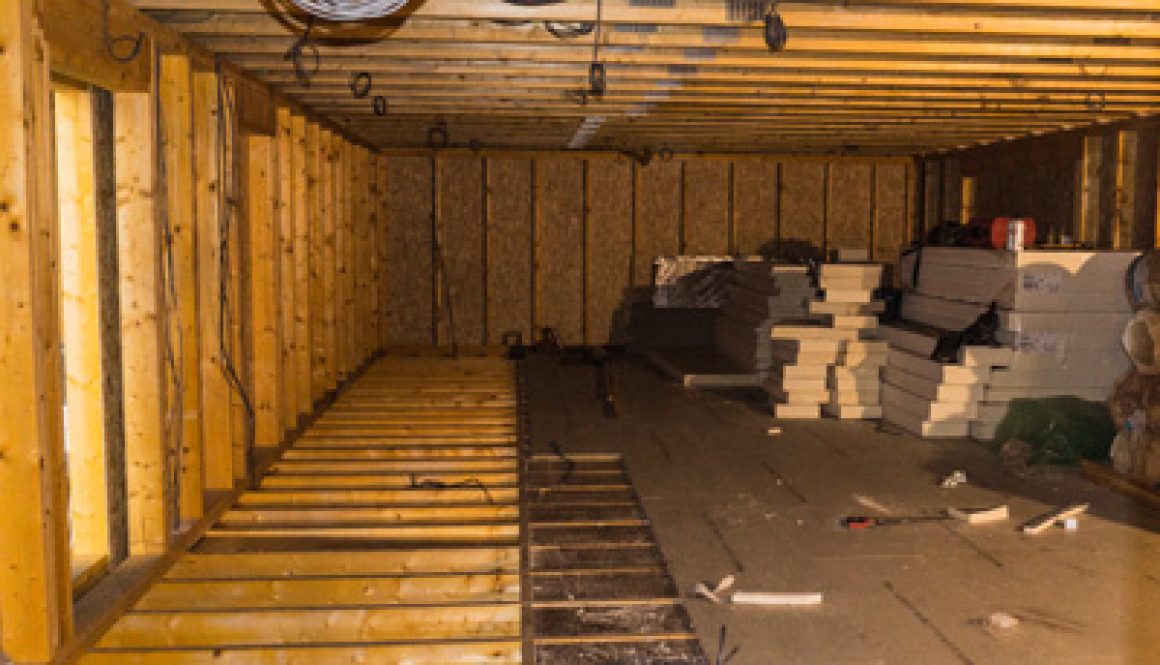Property Extensions A Tricky Business
A growing number of property owners are building extensions and making other alterations. But it can be a risky business unless you know what you’re doing.
Certainly, doing extensions can add value to your property, as well as maximise the use of space. So it can often be a wise investment. But before you start you need to consider what kind of consent you will need, and from whom.
If you’re a leaseholder you may want to carry out improvements and alterations. If so, in addition to obtaining local authority consent you must apply for the landlord’s consent before going ahead. This is invariably a requirement of any lease.
Whatever the nature of the work, you should check with your landlord that the work is permitted, and obtain any written confirmation or relevant licences.
If you carry out any alterations or improvements without permission you will be breaking the terms of your lease. In such instances, legal action to stop any further work or to reverse any work already done is likely. That can be costly and time consuming. In extreme cases, the breach can lead to a cancellation of your lease by the landlord, who may then reclaim the property, leaving you effectively homeless.
As well as landlord’s consent, you may need planning permission from the Council and approvals from building control, usually known as building regulations consent. Most councils have separate departments dealing with each. The need for Council consents apply to both freehold and leasehold properties.
Some alterations don’t require planning permission from the Council, and these are sometimes referred to as ‘permitted development’. For example, domestic extensions such as conservatories are okay as long as they are within a certain size. But you should always check with the Council’s Development Control department.
Where you are a leaseholder, regardless of whether Council consents are required, the freeholder’s approval and consent is almost always needed.
As Navinder Singh, solicitor explains;
“You may well think that as your neighbours have a similar extension that should be fine. However, this is a very dangerous approach, as all consents are given based on different criteria and circumstances. Who is to say your neighbour did the work legally in the first place?”
There are various types of action the Council can take when the appropriate consents haven’t been obtained. The main one is an enforcement notice. Such a notice will specify the breach of planning control, the steps required to remedy the breach, and the period of time allowed for compliance.
The steps required to remedy the breach may range from complete demolition to modification. The costs of dealing with this may be considerable. The Council can apply other sanctions too, making things even more expensive for you.
In more serious cases, the Council may choose to serve an injunction. Failure to comply will be a contempt of court for which serious penalties would apply.
As Navinder explains:
“We had a client recently who purchased a piece of land to develop. Unfortunately the client thought that due to his contacts in various Council departments it would be certain he would get the planning and building regulation consents. The client subsequently continued with the work, and it was later established neither of the consents could be granted. As a result, not only did the client have the costs of returning the land to its former position but has also been left with a low value piece of land bought at a substantial price.”
Navinder continues:
“It is these types of scenarios which we want our clients to avoid. Not only does it potentially cost them to remedy breaches, but the stress and time involved also has a negative impact on individuals. We always stress that before doing any work affecting a property to make some simple calls to establish what consents are required.”
There will always be the opportunity to make money from developing land and existing properties, but if it isn’t done in the right way you could easily find yourself seriously out of pocket.

